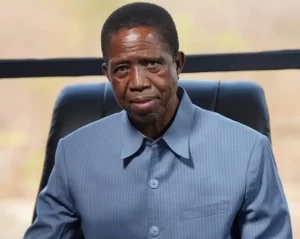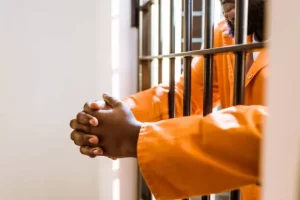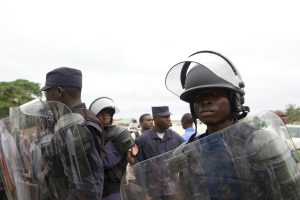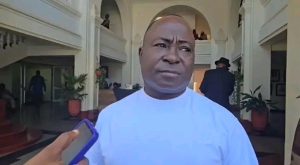Ivory Coast: opposition candidates barred from electoral lists
3 min read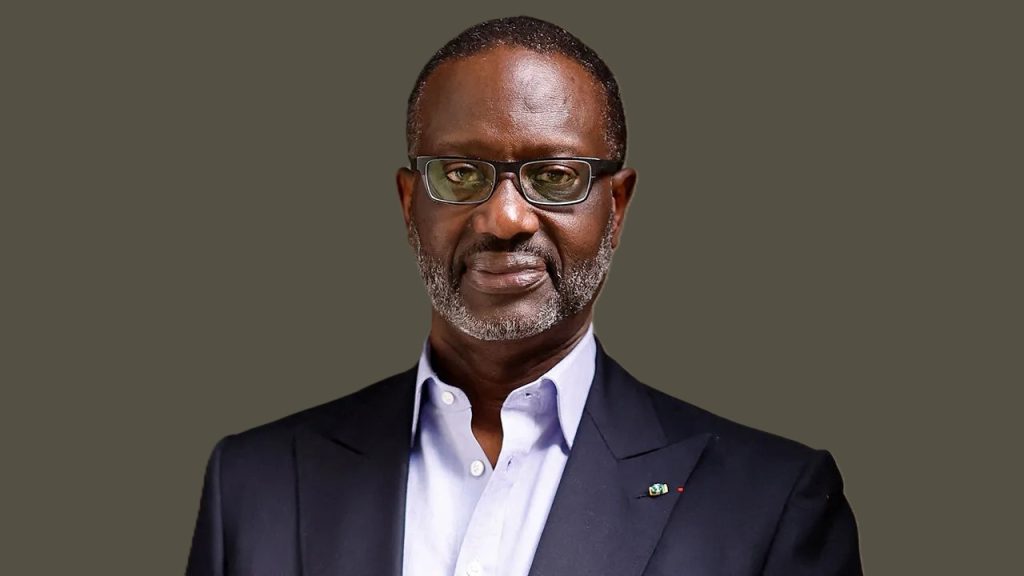
Ivory Coast’s main opposition figures — including ex-President Gbagbo and PDCI leader Tijane Thiam — have been officially barred from the October presidential election. With no revision to the electoral list planned, concerns grow over the fairness and inclusivity of the vote.
Ivory Coast Bars Opposition Heavyweights from Presidential Election
In a move that has sparked widespread political concern, Ivory Coast’s Independent Electoral Commission has officially barred four major opposition figures from participating in the country’s upcoming October presidential election. The final electoral lists, released this week, do not include the names of Tijane Thiam, Laurent Gbagbo, Charles Blé Goudé, or Guillaume Soro, effectively excluding them from both running for office and voting.
The decision, already the subject of heated debate, is now final unless successfully contested in international courts. These four prominent leaders—each with significant political influence and support—represent a substantial portion of the opposition voice in the country. Their exclusion raises fears about the fairness and inclusivity of the upcoming elections.
Tijane Thiam, the current president of Ivory Coast’s main opposition party, the Democratic Party (PDCI), had previously been barred from the electoral process earlier in April over questions surrounding his dual French nationality. That decision has now been upheld, despite appeals and strong opposition from his party.
Thiam’s team confirmed on Wednesday that the Independent Electoral Commission had finalized his removal from the list, describing the move as “deeply concerning for democratic representation.”
“This is not only about one man being blocked from the ballot—it’s about millions of Ivoirians being denied a genuine choice in a democratic election,” a PDCI spokesperson said.
Thiam has since announced his intention to file a complaint with the United Nations Human Rights Committee, arguing that the decision violates international standards for civil and political rights. He insists that nationality issues should not override the democratic rights of citizens, especially those with longstanding roots in the country.
The other three opposition figures—former President Laurent Gbagbo, ex-Prime Minister Guillaume Soro, and Charles Blé Goudé, a former youth leader and close ally of Gbagbo—have been excluded from electoral lists for several years due to criminal convictions. Despite this, all three have remained active in Ivorian political discourse, maintaining strong support among their respective bases.
Gbagbo, who served as president from 2000 until his arrest following the 2010 post-election crisis, returned to Ivory Coast in 2021 after being acquitted of crimes against humanity by the International Criminal Court. Yet, his domestic conviction for a separate case has continued to block his electoral participation. His supporters argue that the legal barriers are politically motivated and aim to silence opposition voices.
Guillaume Soro, now living in exile, was sentenced in absentia to 20 years in prison in 2020 for embezzlement and money laundering. Blé Goudé, once tried alongside Gbagbo in The Hague, was also convicted of similar charges at home.
“These legal decisions are systematically used to marginalize opponents and consolidate power,” said a political analyst in Abidjan. “What we are seeing is a troubling erosion of pluralism.”
The Independent Electoral Commission, however, maintains that the exclusions are legally sound and based on clear constitutional and criminal guidelines. A spokesperson for the commission stated that no further revisions to the electoral lists are planned ahead of the October vote.
With the disqualification of these key figures, the upcoming election is set to take place without the most recognizable faces of the Ivorian opposition. This development raises questions not only about voter turnout and legitimacy but also about the broader trajectory of democracy in Ivory Coast.
International observers and civil society organizations have already expressed concern about the transparency of the process and have urged Ivorian authorities to ensure free, fair, and inclusive elections. The African Union and the Economic Community of West African States (ECOWAS) have not yet issued formal statements on the matter but are expected to monitor the situation closely in the coming weeks.
As tensions rise ahead of the polls, many Ivorians are left wondering whether this election will truly reflect the will of the people, or if it will simply reaffirm the dominance of the current political establishment.


